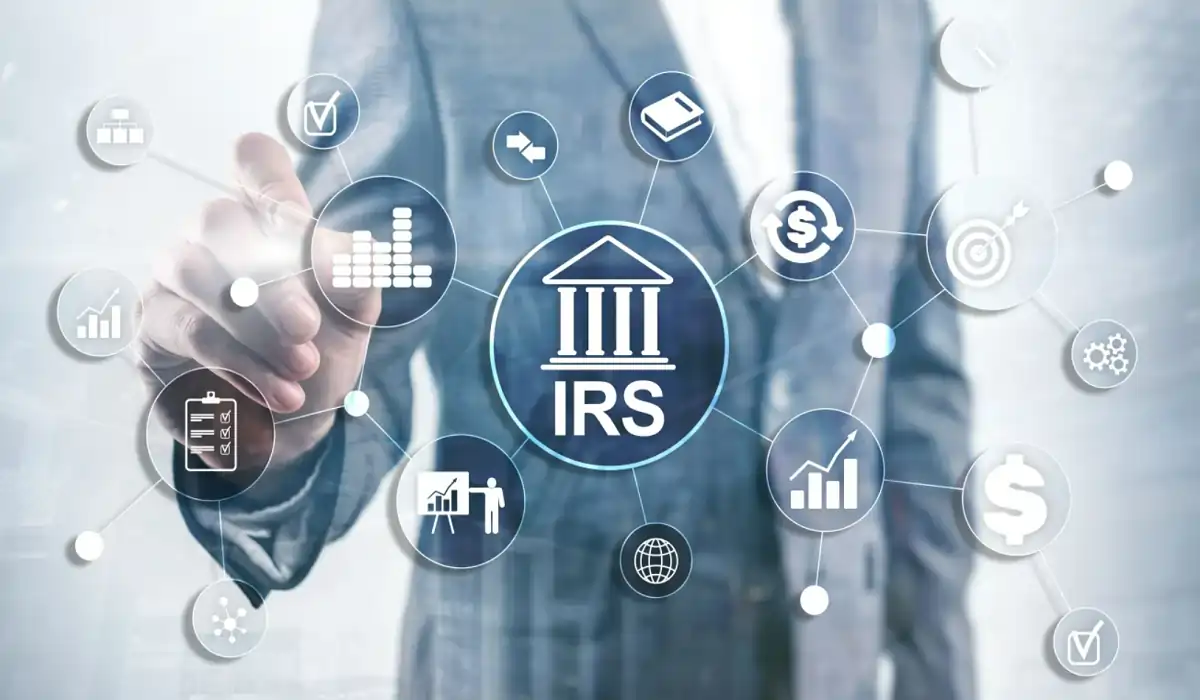Why IRS agents will no longer make face-to-face visits: how it affects or benefits the taxpayer
This change reverses a decades-old practice in which IRS workers visited taxpayers unannounced to resolve unpaid or unfiled tax cases.
This week, the Internal Revenue Service (IRS) announced that its agents will no longer make face-to-face visits to taxpayers, something that has caused surprise among Americans. The tax organization called it a “major policy change” aimed at reducing “public confusion” and improving the safety of its employees.
This announcement comes shortly after the budget to be approved in the U.S. Congress was being discussed, which includes the hiring of new employees, who were expected to do more audits. Although President Joe Biden’s administration clarified that this would not mean that they would increase audit rates for people earning less than $400,000.
Regardless of all this, the Internal Revenue Service noted that this decision is more in the tone of providing security to all its staff.
“We are reviewing how the IRS operates to better serve taxpayers and the nation, and making this change is a common sense step,” IRS Commissioner Danny Werfel said in a statement. “Changing this long-standing procedure will increase confidence in our tax administration work and improve overall security for taxpayers and IRS employees,” he added.
“As long as elected officials continue to mislead the American people about the legal and legitimate role IRS employees play in our democracy, NTEU will continue to insist on better security for the employees we represent,” NTEU National President Tony Reardon said in a press release, according to CBS News.
“It is outrageous that our nation’s public servants have to live in fear just because they chose a career in public service,” he added.
If what you’re wondering is how it will affect taxpayers, the IRS said that going forward, they will receive a letter from the IRS to schedule meetings with agents.
This change reverses a decades-old practice in which IRS workers visited taxpayers unannounced to resolve unpaid or unfiled tax cases, explains EFE.
Over the years, the agency has experienced various threats, including conspiracy theories that the agents would act against people with aggressive tactics in order to collect the money owed. However, this version has been denied by official sources.

